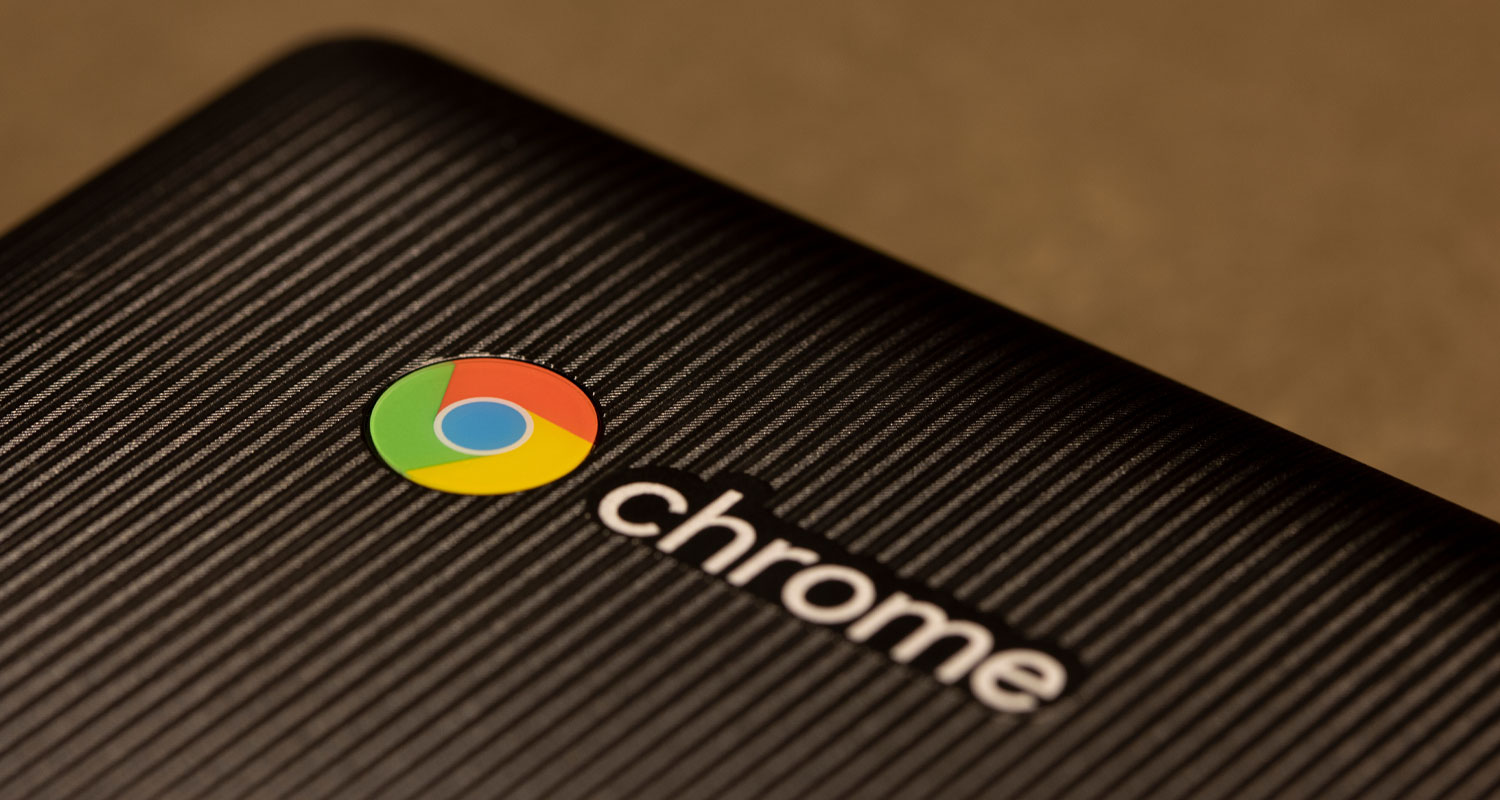Google is the only company that can offer the level of features and functionality that its popular Chrome web browser has today, given its “interdependencies” on other parts of the company, the head of Chrome testified.
“Chrome today represents 17 years of collaboration between the Chrome people” and the rest of Google, Parisa Tabriz, the browser’s GM, said on Friday as part of the US justice department’s antitrust case in Washington federal court. “Trying to disentangle that is unprecedented.”
Some of the product’s features, such as its safe browsing mode or a system that notifies users if their password has been compromised, rely on shared Google infrastructure not solely within Chrome’s purview, she said. “I don’t think it could be recreated,” she added.
Tabriz testified for several hours before judge Amit Mehta, who is overseeing a three-week hearing on what changes Google must make to its business practices after he found last year that the company illegally monopolised the search market.
The justice department has asked that Google be forced to sell its Chrome browser and share some of the data it collects to create its search results. It has also asked Mehta to ban Google from paying for search engine defaults. That proposed ban would apply to Google’s AI products, including Gemini, which the government says were aided by the company’s illegal monopoly in search.
Google’s Chrome is the company’s proprietary browser, the most popular one in the world used by an estimated 66% of people globally as of March, according to Statcounter. The browser is based on the open-source Chromium Project.
Divestiture is ‘feasible’
Chromium was created by Google, but accepts technical contributions from other companies and has support from Meta Platforms, Microsoft and the Linux Foundation, among others.
Earlier on Friday, James Mickens, a computer science expert for the justice department, said Google could easily transfer ownership of Chrome to another company without breaking its functionality.
“The divestiture of Chrome is feasible from a technical perspective,” said Mickens, a computer science professor at Harvard University. “It would be feasible to transfer ownership and not break too much.”
Read: Google: South African media plan threatens investment
Mickens previously served as an expert for Fortnite maker Epic Games in its antitrust case against Google over the Android ecosystem. Even without Chrome, Google would still have incentives to keep contributing technology to Chromium, the open-source project that underlies its browser and that of several rivals, Mickens said.
Google’s Android smartphone operating system also makes use of some aspects of Chromium to ensure that web pages load properly on phones, he said. “Google has a motivation to make sure the source code is well-maintained,” Mickens said of Chromium.
 But Tabriz cast doubt on that idea. Google has contributed more than 90% of the code for Chromium since 2015, she said.
But Tabriz cast doubt on that idea. Google has contributed more than 90% of the code for Chromium since 2015, she said.
“Google invests hundreds of millions of dollars into Chromium,” she said, estimating that a thousand engineers within her division have contributed to the project. Other companies “are not contributing now in any meaningful way”.
Google has been working to add artificial intelligence to the Chrome browser, Tabriz said. Users can now add extensions for OpenAI’s ChatGPT and Perplexity AI to Chrome or change the browser settings to make it easier to search using any AI models. But she acknowledged that Gemini is currently set as the default AI assistant to use within Chrome.
“Most browsers are experimenting with AI and launching features,” she said, noting that Microsoft has integrated its AI Copilot into its search engine Bing and browser Edge.
In internal documents, Google said it intends to develop Chrome into an “agentic browser”, which incorporates AI agents to automate tasks and perform actions like filling out forms, conducting research or shopping.
“We envision a future of multiple agents, where Chrome integrates deeply with Gemini as a primary agent and one we’ll prioritise and enable users to engage with multiple 3P agents on the web in both consumer and enterprise settings,” Tabriz wrote in a 2024 e-mail. — Leah Nylen, (c) 2025 Bloomberg LP
Get breaking news from TechCentral on WhatsApp. Sign up here.
Don’t miss:
OpenAI: We’d buy Chrome if Google was forced to sell
Crédito: Link de origem


